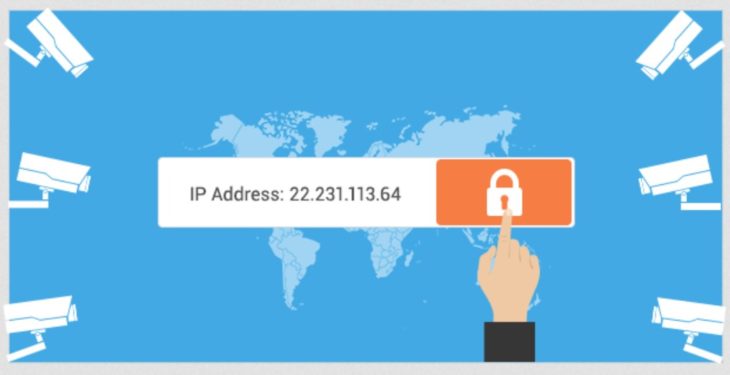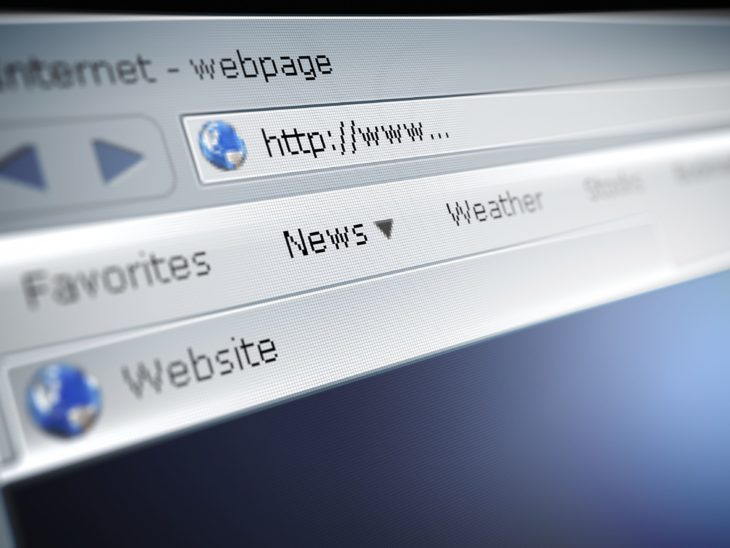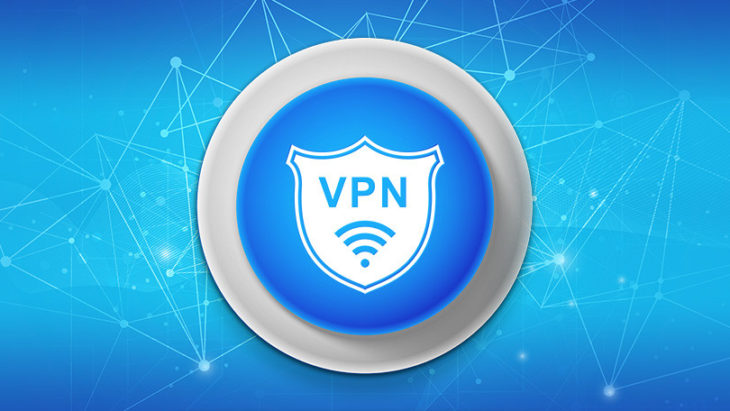Contents
1. Keep Ad Networks From Tracking Your Online Activity
Most people do not realize when they sign up for Facebook, Google or other social networks, they are giving those companies permission to keep track of their browsing history. Once companies have this information, they use it to spam you with relevant advertisements. While this type of targeted marketing seems convenient for some, other people might find it to be intrusive to their privacy.

Source: Global News
2. Hide Browsing Activity From Internet Service Provider
Similar to ad networks, your internet service provider is able to track your activity online as well. Unfortunately, there are no restrictions currently that will stop them from tracking their customers browsing history. For a business, sensitive data can be at risk. To reduce this risk, business owners have the option of hiding their IP address. This will effectively prevent hackers and online networks from data tracking and spamming.

Source: mostsecurevpn.com
3. Keep Sensitive Online Research Private
If your business conducts a lot of sensitive research, you may want to take measures to ensure that research is not able to be traced back to you. Protecting your IP address keeps any searches you conduct anonymous and private.
4. Protection From Government Surveillance
Most people know that some countries track their citizens’ activities online. In the future, there are no guarantees other entities will not start doing the same. Even if you are doing nothing wrong, the government has the ability to track everything you do online. If you truly value your privacy while enjoying the internet, you should protect your company IP address.

Source: Lifewire
5. Take Down Geographical Barriers
If you decide to travel outside of the United States, or if you do not live in the United States, you may find it hard to access certain services and websites online. Certain websites are not accessible from specific IP addresses. If you need to tend to business while traveling, you may need to use a VPN to access the sites you need online. The reason for the limited content available on certain websites is due to the many copyright laws.
What Is A VPN?
VPN stands for virtual private network. Connecting through the internet using a VPN allows you to securely connect to public and private networks without being tracked or having your data collected, to learn more about VPN’s click here. Businesses and corporations typically use virtual private networks to protect their companies’ private and sensitive data. The use of a VPN is also becoming more popular in personal settings to protect privacy.

Source: PCMag.com
